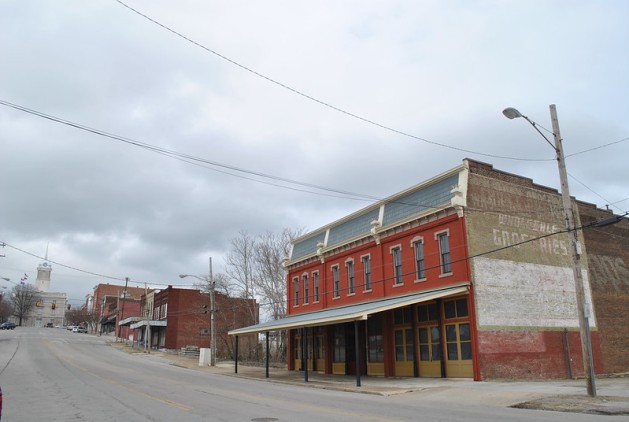
Photo (cc) 2011 by Wayne Hsieh
Axios has a story on “journalism’s two Americas” — the thriving national media and struggling local news outlets, mainly newspapers. “The disparate fortunes skew what gets covered,” write Sara Fischer and Nicholas Johnston, “elevating big national political stories at the expense of local, community-focused news.”
The data they present isn’t new, but it’s striking nevertheless. Local reporters earn an average annual salary of $49,000, compared to more than $65,000 for national reporters. Of course, many of those national jobs are in the ultra-high-cost New York era, which means the disparity may not be quite as great as those two numbers suggest. Still, the national media are growing and hiring, while local newspapers — most of them owned by corporate chains and hedge funds — continue to eliminate jobs.
Become a member of Media Nation for just $5 a month!
Fischer and Johnston note that CNN is hiring 450 people for its new CNN+ streaming service. And Fischer reported just a little while ago that NBC is “adding hundreds of jobs to its digital organization,” mainly for news-oriented positions.
Not all news on the community journalism front is bad, though. The apocalyptic stories about what’s taking place at the grassroots invariably focus on chains owned by the likes of Gannett and Alden Global Capital. By contrast, entrepreneurs are launching for-profit and nonprofit digital startups at a dizzying rate. Chris Krewson, the executive director of LION (Local Independent Online News) Publishers writes:
Research shows new newsrooms are launching fast, 50 a year for the last five years. They’re for-profit, non-profit, public-benefit corporations, and LLCs; they’re a husband-and-wife team covering a small town; they’re a staff of dozens holding politicians to account at the statewide level….
They’re not replacing the newspaper. They don’t need to. This nascent industry has the potential to grow beyond the limitations of newspapers, to truly reflect and serve communities large and small, rural, urban, Black, Brown, Indigenous, queer… and on and on. We just have to stop thinking about saving the unsaveable and build businesses that serve the needs of communities first. In fact, what these publications are starting to offer is just as good, if not better, than the legacies they’re increasingly supplanting.
I’ve been tracking such projects since the late ’00s. From New Haven to San Diego, from Burlington, Vermont, to Batavia, New York, community journalists step up when there’s a market failure on the part of the local legacy newspaper. Ellen Clegg and I are following similar projects across the country.
There’s no question that these are tough times for local news. But there are plenty of reasons to be optimistic as well.
Discover more from Media Nation
Subscribe to get the latest posts to your email.
